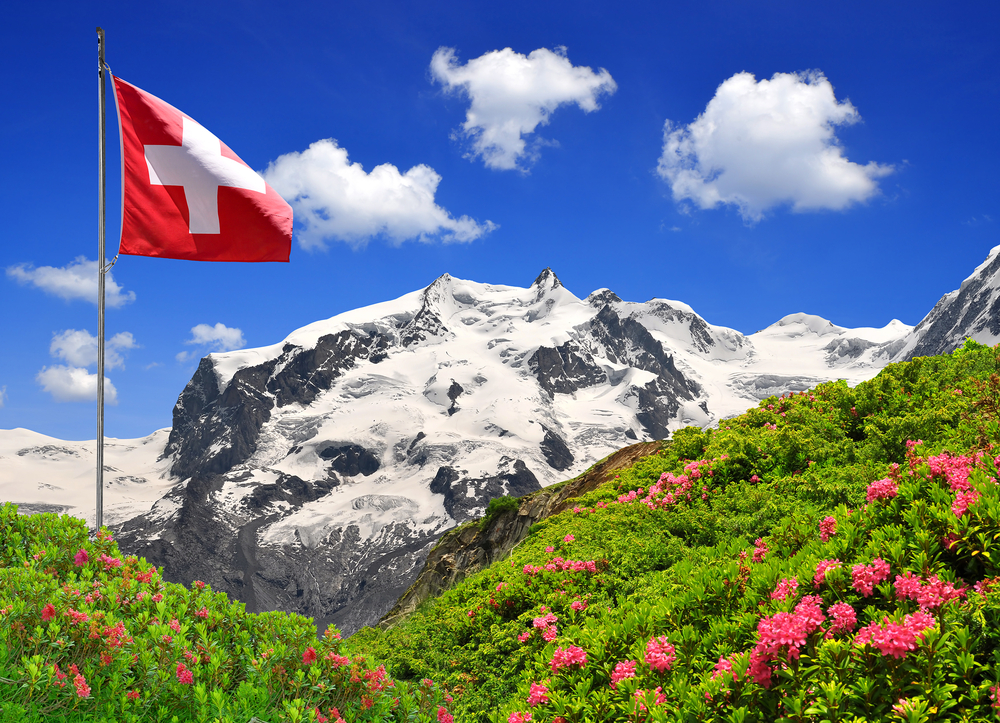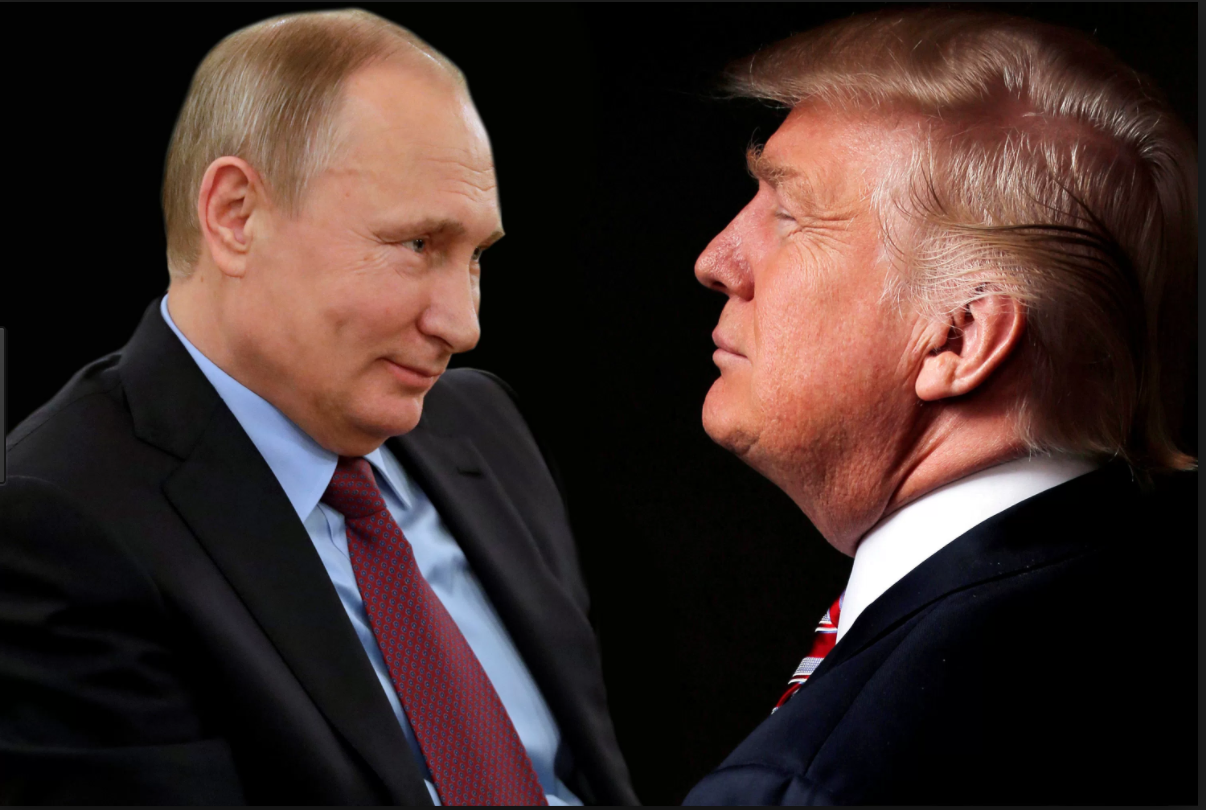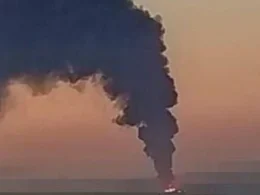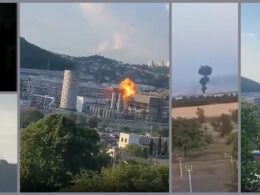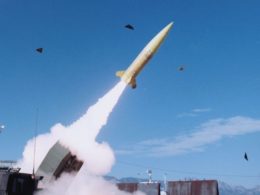Switzerland is quietly becoming a center for Russian intelligence activities, even as other nations expel Russian operatives amid the conflict in Ukraine. According to a recent report from Swiss intelligence cited by the newspaper NZZ am Sonntag, as well as reporting from Bloomberg, Switzerland has yet to follow the example of countries that have expelled hundreds of Russian diplomats on suspicions of espionage. This contrasts with Switzerland's traditional neutrality and suggests the country may be an increasingly important base for Russian spy operations.
In September, a senior official with the Swiss Federal Intelligence Service (NDB) told members of the National Council’s Foreign Policy Commission that Switzerland is hosting 80 Russian special agents, making up 20% of all Russian spies operating in Europe.
Swiss cities Geneva and Bern have historically attracted global intelligence interest. However, amidst Russia's full-scale invasion of Ukraine, the issue of Russian diplomats operating as spies has gained acute prominence.
“These foreign agents represent a threat to the internal and external security of Switzerland,” member of the National Council Fabian Molina told NZZ.
However, Switzerland has not yet introduced any effective countermeasures.
Switzerland, typically neutral, has departed from tradition by adopting most EU sanctions against Russia and specific individuals amid the ongoing conflict, freezing approximately $8.2 billion in Russian assets last year.
However, diplomatic immunity remains unaffected as the Swiss Foreign Affairs Department aims to maintain communication channels with Russia.
“When Switzerland expels diplomats, it does so for reasons of internal security, and these cases are not communicated publicly,” the Swiss Foreign Affairs Department spokesperson told the newspaper.
In their annual national security report for June 2023, Swiss intelligence services highlighted the potential presence of dozens of Russian spies in Switzerland, masquerading as diplomats.
“Of the roughly 220 people that are accredited as diplomatical or technical-administrative personnel at the diplomatic and consular representations in Geneva and Bern, at least a third are likely still active for Russian intelligence agencies,” the NDB said in the report.
Switzerland's neutral stance also restricts the export of Swiss weapons to Ukraine. This rule applies regardless of the purchaser, who must sign a non-reexport declaration. In June 2023, Switzerland's National Council, the lower house of parliament,
rejected the "Lex Ukraine'' bill, which sought to enable third countries to provide Swiss-made weapons to Ukraine.
Read more:
- Switzerland rejects sale of 96 Leopard 1 A5 tanks for use in Ukraine
- Almost 100 Leopard 1s stored in the open in Italy as Switzerland blocked their transfer to Ukraine
- Switzerland expands sanctions against Russia, joining EU's 11th sanctions package

